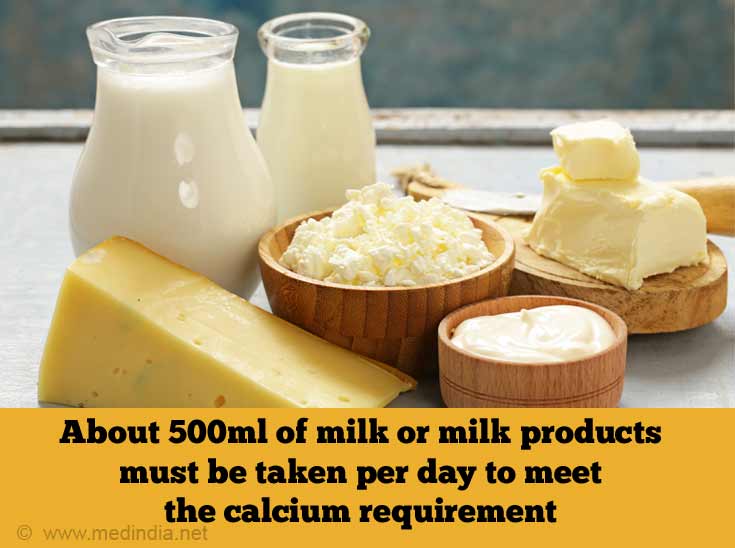- Dietary Guidelines For Indians – NIN, Hyderabad
About
Like in pregnancy, adequate nutrition of the mother during lactation is of vital importance since during the first few months of life, the infant derives all the nutrition from the mother’s milk. The child does not need anything over breast milk for the initial six months. Generally, the child is breastfed for six to nine months. As the mother has to nourish a fully developed and rapidly growing infant, she needs extra nutrients to meet the baby’s needs in addition to her own requirements. Any inadequacies in her diet influences both the quantity and quality of milk secreted, though the effect on quantity is more.

A well-nourished mother on an average secretes about 850 ml milk/day, whereas in case of a severely-malnourished mother, the level may go down to as low as 400 ml/day.
However, the quality of breast milk does not suffer as much with reduced nutrition. Even if the diet is not able to meet her own nutritional needs, the mother draws on her body reserves to meet the needs of lactation at the cost of her own health. Dietary deficiencies of water-soluble vitamins lead to lower levels of these vitamins in breast milk. The protein, calcium and carbohydrate content is not altered even if the mother is malnourished.
It is therefore extremely important for the lactating mother to take adequate nutrients so that she can not only nourish her child but also maintain her own nutritional status.
Thus, nutritional needs are increased during lactation:
- For sufficient breast milk production.
- For providing adequate nutrients to the infant.
- To meet the mother’s daily needs.
Energy
The lactating mother needs an additional 550 kcal per day during the first six months. As an Indian mother continues to lactate beyond six months, although the milk output is reduced, an additional 400 kcal per day is needed from 6 to 12 months.
Protein
The lactating lady has to take in extra protein than a non-lactating one. An additional amount of 16.8g per day and 12g per day during 0 to 6 months and 6 to 12 months period of lactation respectively should be added to the standard recommendations.
Adequate amounts of good quality protein (milk, cheese, paneer, curds, chicken, eggs, cereal pulse combinations, nuts) should be judiciously included in the diet for proper milk production.
If protein and energy are lacking in the diet, there will be reduction in milk volume. But in case very low protein is taken, then the proportion of casein (milk protein) may also be reduced.
Essential Fatty acids
An intake of additional fat is recommended to meet the essential fatty acid needs. This level of fat in the diet would provide adequate energy density so that higher energy needs of the nursing mothers can be met.
Calcium
Calcium is one of the important minerals required both during pregnancy and lactation. During pregnancy, it is required for the fetal skeletal development and during lactation, calcium is very essential for milk production. Breast milk contains about 30 mg calcium per 100 ml. Based on the optimal output of 850ml of milk, the total calcium secreted through milk is 300 mg/day. Therefore, an additional intake of calcium is essential to enable the secretion of 300 mg of extra calcium daily. Considering the mothers own needs and the calcium required for milk production, 1000mg per day calcium is required during this period.
At least 500 ml milk or milk products per day must be taken to meet the calcium requirement and the remaining requirements should be met from other food stuff like ragi, Bengal gram (whole), soybean, amaranth, fenugreek leaves, radish leaves, sesame seeds, tamarind, fish etc.

Iron
There is no additional requirement of iron during lactation. The baby is born with enough reserves since milk is not a good source of this nutrient. The additional iron in the mother#$#s diet during lactation does not pass on to the infant but iron-rich foods are important for mother#$#s health and the recommendations are same as those for an adult lady.
Vitamin
Just as calories, proteins, and calcium requirements are increased during lactation, vitamin requirements also stand increased. Vitamin A, B1, B2, B3, C, folic acid and vitamin B12 are the major vitamins needed in increased amounts during this period.
 MEDINDIA
MEDINDIA
 Email
Email






